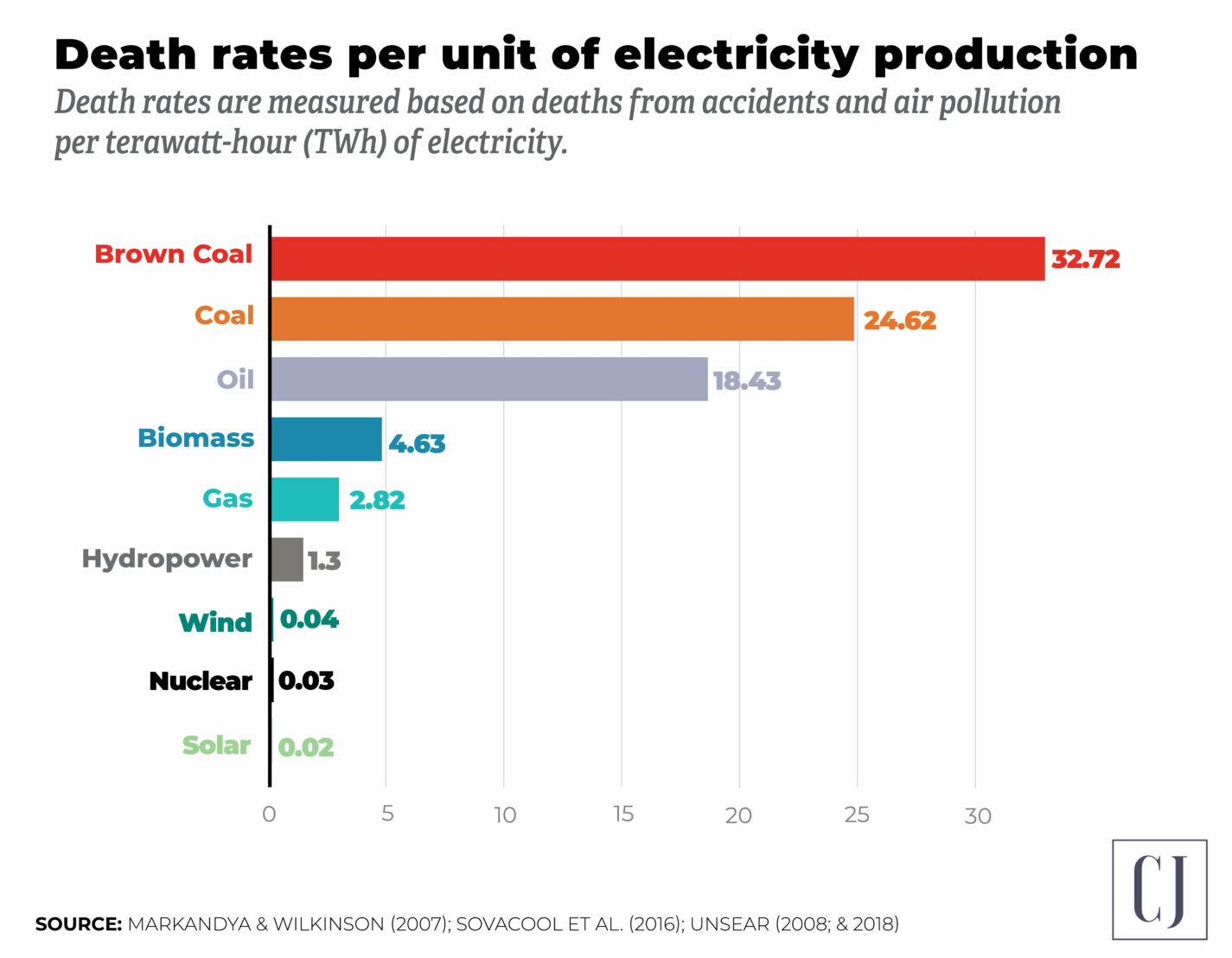Senate Bill 678, “Promote Clean Energy,” currently in the N.C. House Rules Committee, could pave the way for more investment in nuclear energy in North Carolina.
The bill would relabel “renewable energy resources” as “clean energy resources” in the State’s Renewable Energy Portfolio Standard and add nuclear fission and fusion into the definition of clean energy. If approved by the state legislature, this bill would make nuclear energy a viable option toward replacing coal-fired power plants with new cleaner sources.
S.B. 678 would also help further the proliferation of nuclear energy by eliminating statutes that had previously restricted the construction of nuclear facilities in House Bill 951, which passed in 2021.
Cooper indicates resistance
The N.C. Senate passed S.B. 678 in late April, but it is now seeing opposition from Gov. Roy Cooper. At the State Energy Conference last month, Cooper told business leaders that he did not want politicians to be seen as influencing which energy sources are prioritized over others.
Environmental activist group CleanAIRE NC told the Wilmington Star-News in a statement that “nuclear energy may be zero-emission, but it is not renewable and it’s certainly not clean. … Uranium is a mined resource. And on the backend storing nuclear waste poses major, unanswered safety questions. With wind and solar capacity rapidly expanding, is it really worth gambling with our health and safety?”
A Cooper spokesperson stated that the governor would not look at the bill until it reached his desk.
Cooper has committed North Carolina to reaching net-zero greenhouse gas emissions by 2050 as part of his campaign against climate change through H.B. 951, which was signed into law in October 2021.
Before S.B. 678 passed the Senate, Sen. Paul Newton, R-Cabarrus, stated that the bill “recognizes the role that nuclear [energy] is going to play in the future of cost-effectively meeting these target carbon reduction goals” and that it also recognized that “fusion energy may be a contributor to our success in the future, and that we are wide open in North Carolina to welcoming fusion technology here in our state.”
“Nuclear is one of the safest, cleanest, and most abundant energy sources we have. North Carolina’s bill to recognize it as such is a vital step forward towards energy realism — a boon for the country and for the state,” wrote Emmet Penney, editor-in-chief of Grid Brief, a daily energy newsletter.
mortality rates by energy source
Studies looking at the human deaths per terawatt-hour of different energy production show a large difference from nuclear’s mortality deaths of 0.03 per terawatt hour and and gas and hydropower’s mortality rates at 2.82 and 1.30 deaths per terawatt hour.

North Carolina is in a solid position to become the leader in nuclear technology. GE Hitachi, a partnership between General electric and Hitachi, is based in Wilmington and is a world-leading provider when it comes to advanced reactor technology, fuel, and nuclear services.
Isaac Orr, policy fellow for energy and environmental issues at the Center for the American Experiment, called the measure “a step in the right direction.”
“Nuclear is the most efficient energy resource we have, routinely generating more than 90% of its potential output while wind and solar in North Carolina operate about about 30% and 21%, respectively,” he said. “We know nuclear works all the time; we don’t know if the wind will be blowing or the sun will be shining.”